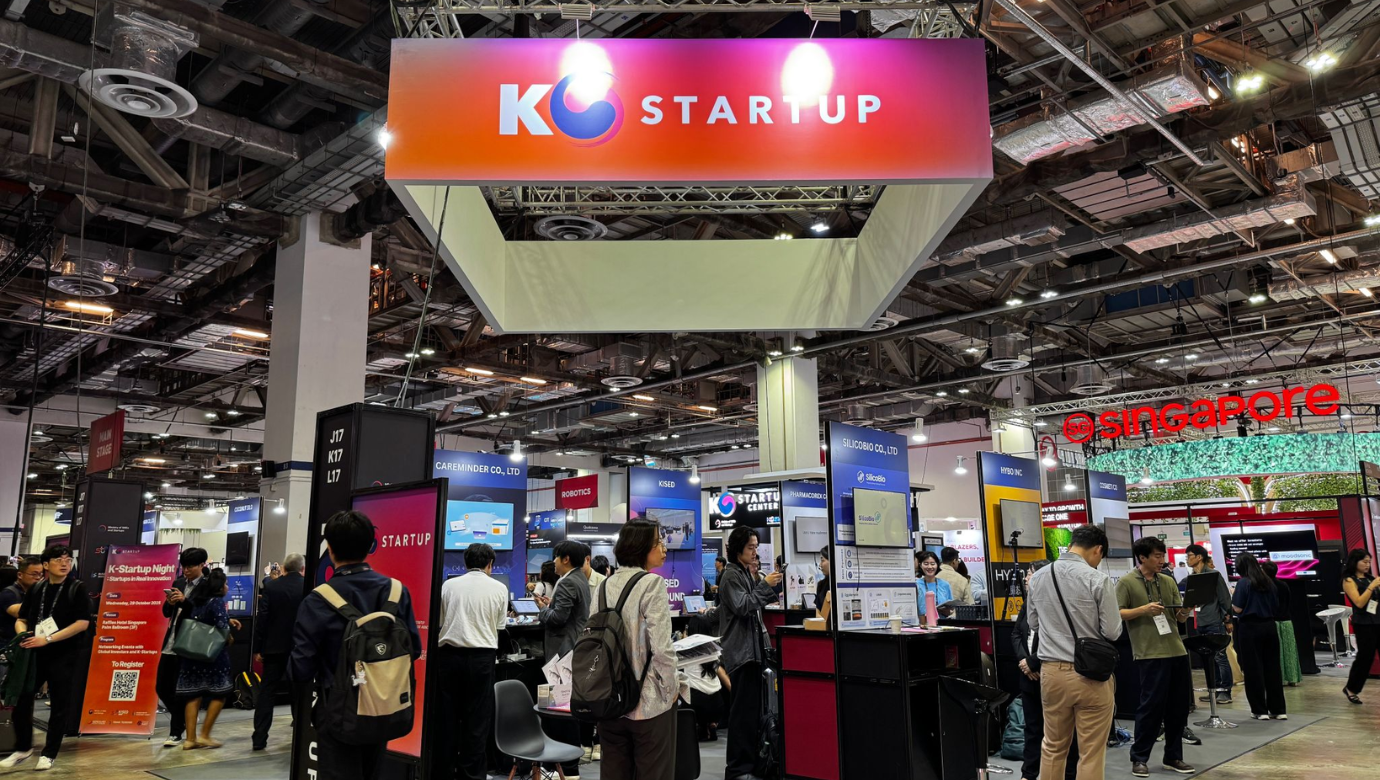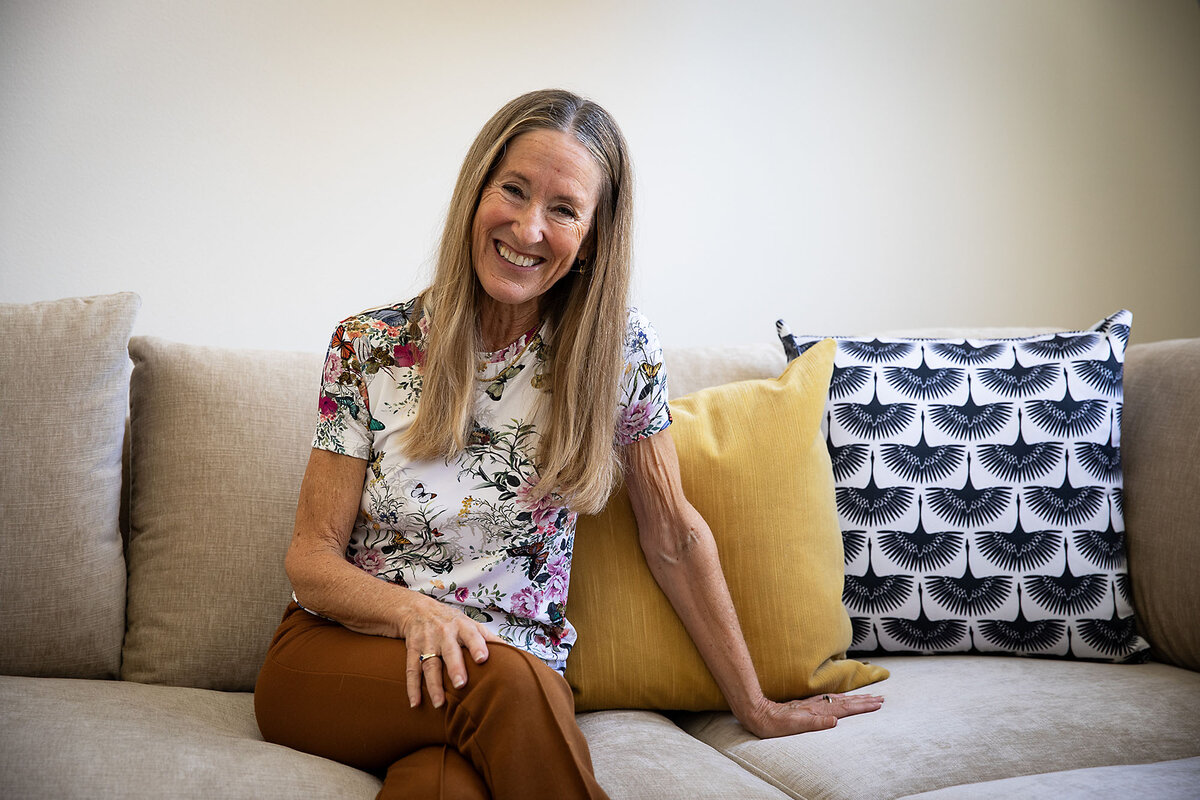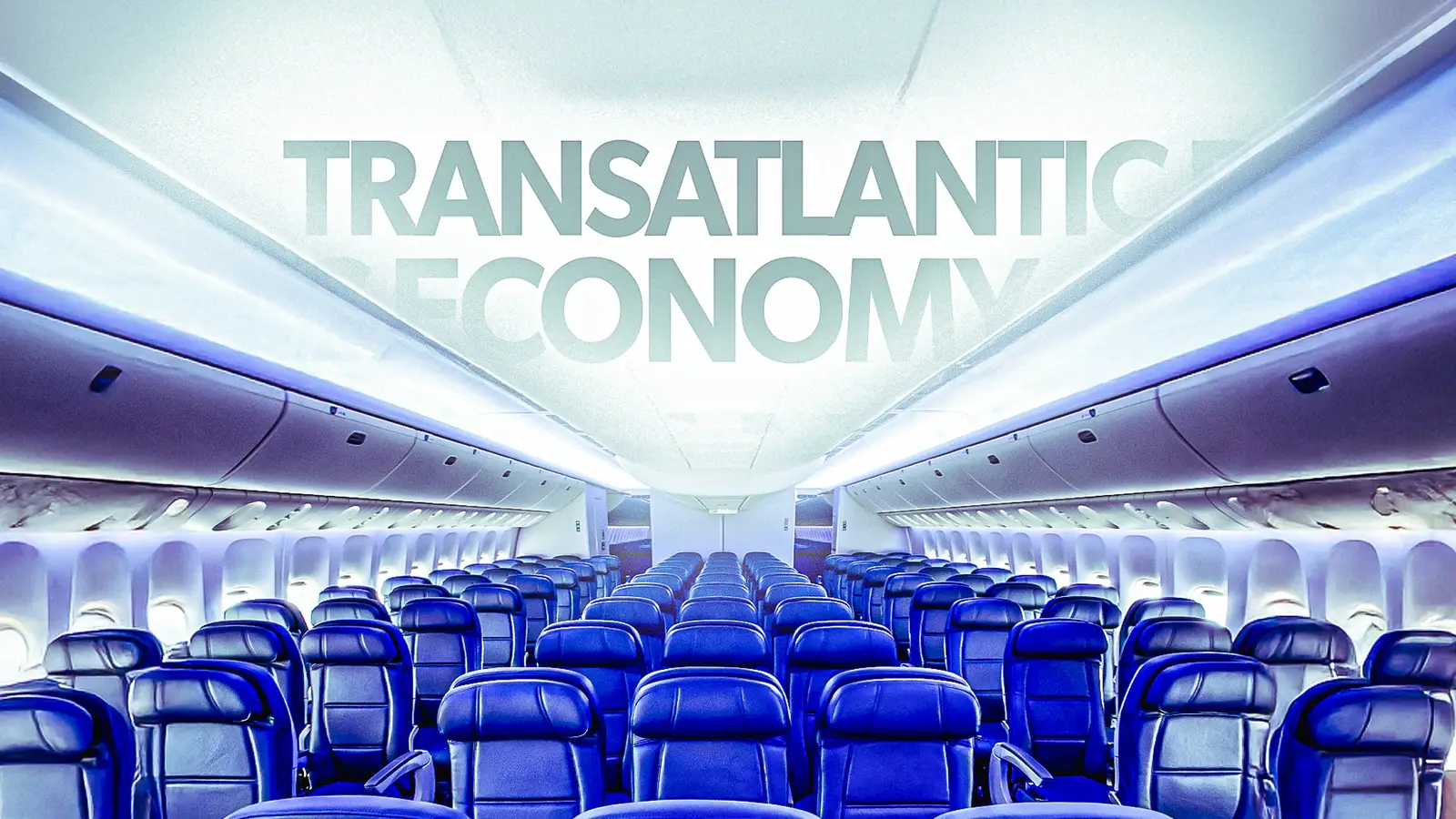Copyright e27

At this year’s SWITCH 2025 in Singapore, the Korea Institute of Startup and Entrepreneurship Development (KISED) K-Startup Pavilion featured some of South Korea’s most promising startups in advanced manufacturing and materials. From AI-driven semiconductors to copper-clad glass substrates, the exhibits highlighted the country’s technical depth. Among them, two companies approached innovation from a more human angle: mobility and vision as essentials for everyday life. First, Studio Galilei Co., Ltd., a mobility startup, introduced demand-responsive transport (DRT) services to enhance mobility access in rural areas of Korea and is now scaling its technology to deliver safer and more reliable travel experiences across Southeast Asia. Second, HYBO Inc. is developing ultra-compact LiDAR sensors with built-in AI, designed to improve automation and workplace safety. Together, they show how Korean startups are pairing technical precision with practical solutions that meet real human needs. Studio Galilei leading the future of smart mobility through Demand-Responsive Transport (DRT) Studio Galilei began its journey to address the mobility challenges faced by rural areas in South Korea. Notably, their limited public transportation often leaves communities and residents disconnected. “Mobility is a basic right, yet many rural communities in Korea still lack reliable transportation,” said Hyunmyung Kim, CEO of Studio Galilei. “That’s why I started my business, to ensure equal access to mobility for everyone through technology and innovation.” Founded in 2021, the startup has sought to bridge this accessibility gap. Thus, it is entering regions often overlooked by larger corporations due to low profit potential. At the heart of Studio Galilei’s operations is its Demand-Responsive Transport (DRT) system, which is powered by TAMOS, an integrated mobility platform that leverages AI and Big Data. “The core of our technology lies in generating optimized routes in real time based on passenger demand,” Kim explained. By optimizing both timing and costs, this system has been deployed across 17 rural areas in Korea. This has significantly reduced waiting times and improving operational efficiency. This socially conscious approach caught the attention of investors such as Kakao Mobility and Hankook Tire. This validates Studio Galilei’s blend of innovation and impact. As founder Kim noted, “During peak time, there is not enough transportation… but without peak time, you still have to run the bus, which costs money.” The company’s ability to solve such inefficiencies proved that technology born in rural areas can scale effectively. This transforms local insights into a model for global mobility innovation. Expanding through Singapore into Southeast Asia’s tourism market After refining its mobility technology in Korea, Studio Galilei is setting its sights on Southeast Asia. It has chosen Singapore as its strategic hub. “We plan to expand our services to the B2C sector and recognize significant potential in Southeast Asia’s tourism mobility market,” said CEO Hyunmyung Kim. “We consider Singapore the ideal location for our regional headquarters.” The company aims to resolve a common regional challenge. That is, most travelers stay within city centers due to limited transport options and safety concerns. To address this, Studio Galilei is launching RIKAride, a platform powered by DRT technology. It is designed to deliver safe, reliable, and accessible mobility solutions for travelers. “Many tourists rarely go beyond city centers due to limited transportation options,” said Daeun Choi, CFO of iChiangmai and Global Market Strategist for Southeast Asia and the Middle East at Studio Galilei. “Our goal is to enable travelers to explore more, with ease and safety.” Partnering with Thai OTA Eiiga, the startup combines “South Asian creativity and cultural operation power with Korean technology.” Redefining LiDAR with HYBO’s compact AI-powered solutions At the K-Startup Pavilion HYBO Inc. introduced its breakthrough in LiDAR (Light Detection and Ranging) technology. It is an innovation set to transform smart systems across robotics, mobility, and urban infrastructure. Team Leader Jae Won Jang explained their competitive edge: “The competitive price, the customizing ability, and… it’s a very ultra-compact size of LiDAR. But it has the AI solution inside.” By integrating artificial intelligence into a miniature sensor, HYBO offers a compelling alternative to larger and more expensive LiDAR systems. HYBO’s compact LiDAR sensors are already in use across smart factories in South Korea, helping improve automation and worker safety. “I think Singapore’s big companies can use our sensors for the workers’ safety,” said Jang. “Also, they need our sensors for their parts of products.” The technology is highly adaptable and can be applied to robotics and drones, security systems, smart parking, and manufacturing, making it versatile for different industries looking to embed intelligence into their operations. By merging compact design, AI capability, and affordability, HYBO is expanding the possibilities of LiDAR technology.. Singapore as the gateway to Southeast Asia’s smart future As HYBO expands globally, Singapore has emerged as its base for Southeast Asian operations. “I have a strong interest in the Singapore market because Singapore is one of the centers for the Southeastern Asia market,” said Jang. “Our next target is Southeast because there are so many manufacturers and very high technology enterprises in Indonesia, Malaysia, and beyond.” For HYBO, Singapore offers both a stable business environment and access to regional industries eager for advanced sensing and automation technologies. HYBO is now seeking collaborations with local AI firms and design partners to customize its compact LiDAR solutions for industry-specific needs. Jang noted that such partnerships could speed up innovation and bring the company’s technology to new markets more efficiently. Already supported by KISED, HYBO is also open to Singapore-based investors. With strong regional partnerships, the company aims to strengthen Southeast Asia’s smart technology ecosystem and build new opportunities for growth. Cementing Singapore’s role in the Korea–Southeast Asia tech pipeline Singapore is fast becoming the cornerstone of the Korea–Southeast Asia tech pipeline, as seen in the growing presence of Korean startups like Studio Galilei and HYBO at SWITCH. They are part of a 31-strong delegation led by KISED, the largest group since 2022. Over the past five years, more than 100 Korean companies have entered the Singapore market, drawn by its strategic position and strong innovation ecosystem. This surge reflects how South Korea’s highly competitive domestic landscape and advanced R&D culture are driving agile startups to expand abroad. For Singapore and its regional partners, this wave of collaboration offers more than just new entrants. It brings tested, high-quality technologies ready to be adapted for Southeast Asia’s fast-growing economies. From smart mobility to AI-powered sensing systems, these innovations are helping local industries evolve faster and smarter. The ambition is not only to make Singapore a landing point for Korean startups but to establish it as the launchpad for long-term, cross-border growth and investment between the two dynamic tech ecosystems. Want updates like this delivered directly? Join our WhatsApp channel and stay in the loop. This article was published in partnership with the Korea Institute of Startup and Entrepreneurship Development (KISED). We can share your story at e27 too! Engage the Southeast Asian tech ecosystem by bringing your story to the world. You can reach out to us here to get started. Featured Image Credit: KISED, e27



